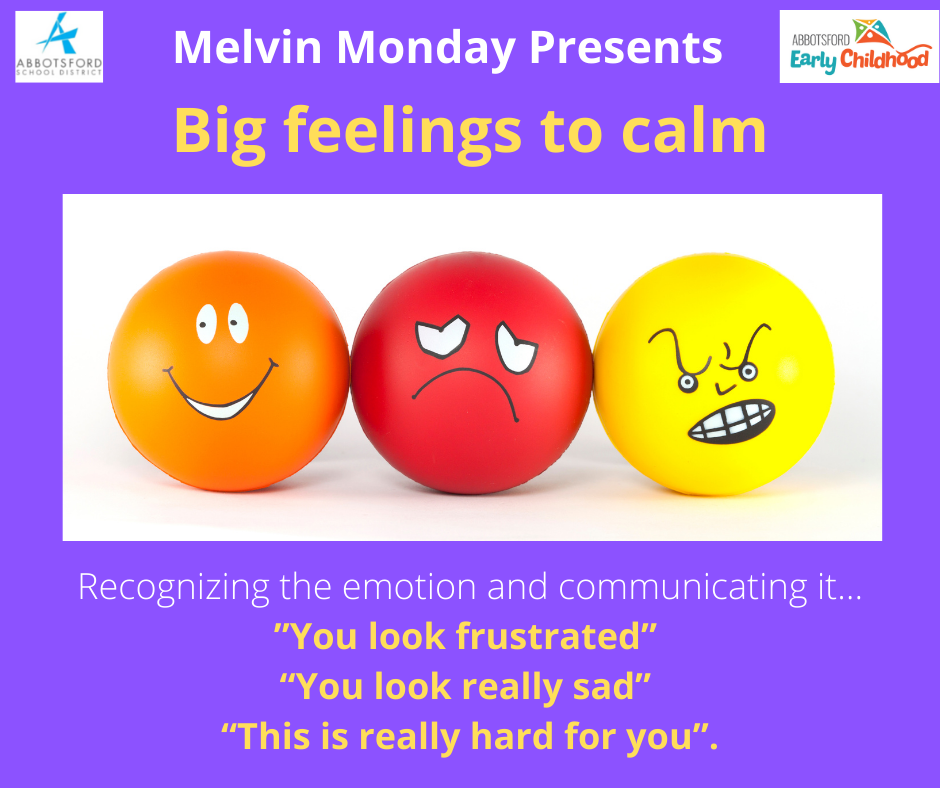
Taking the time to notice and label emotions helps kids begin to pay attention to how they are feeling. This is important because paying attention to our emotions is the first step to learning how to manage them. Sometimes just articulating an emotion helps to defuse it. Too often we try to pretend we aren’t feeling negative emotions until it’s too late and we are feeling terrible. Acknowledging a negative feeling can make it seem less powerful and helps you begin to think constructively about what to do with that feeling. Learning to identify and express feelings in a positive way would help us develop the skills we need to manage those emotions effectively and when we teach children how to recognise and control their big emotion would be much helpful to show emphaty rather than just simpaty.
One of most common explanation of the difference between Sympathy and Empathy is that first one is experienced when you share the feelings of another and empathy is when you listen and understand those feelings, but do not necessarily share them at that moment.
Emotional situation: Amy and Jack are playing together. Suddenly comes Max and grabs from Jack's hand the toy he is playing with. Jack starts crying.
If I express sympathy to Jack I would say “Oh Jack I am so sorry for you that Max took your toy. At least you have the blue car left.
But if I am empathetic to him, I would say “Oh Jack I see you feel very sad because Max took your toy away. I would be upset too if that happens to me. Let’s go talk to Max and see if he would like to take the blue car instead, and return your toy back.
To be empathetic is to have the ability to put yourself in the shoes of someone else and understand what they are feeling or experiencing. In the early years of life, young children are naturally ego-centric and are very much inclined to think mostly about themselves and their immediate needs. They’re not yet ready to consider the needs and feelings of each other. But developing a sense of empathy is an important developmental process for young children, and one that can benefit them not only in childhood but well into adult life as well. Building and understanding of what others are feeling, how their own actions can impact on others, and why someone might be experiencing feelings at a particular time is a valuable life skill for children to possess.
